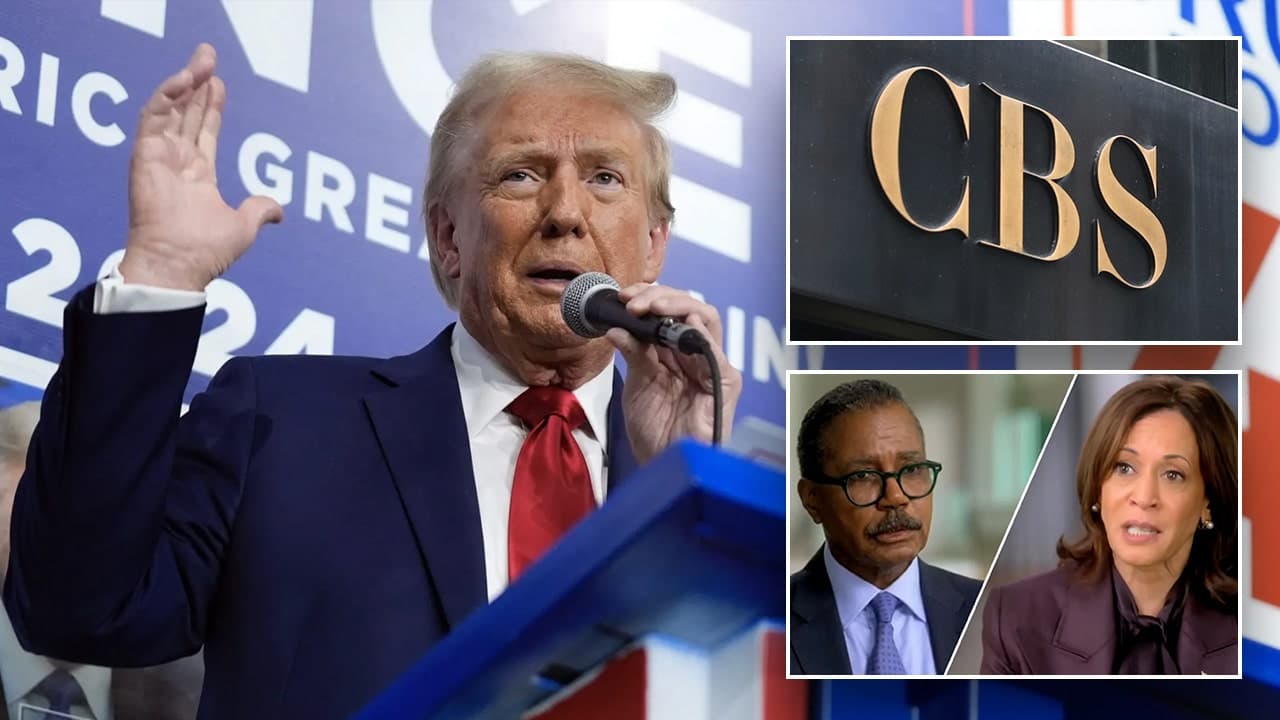Online prediction markets monetize human behavior, raising privacy and policy questions
A surge in online prediction markets that let users bet on human choices is prompting fresh scrutiny from regulators, privacy advocates and election experts. The platforms promise efficient information aggregation while raising ethical and legal concerns about surveillance, manipulation and impacts on civic participation.

Online prediction markets have evolved beyond bets on elections and sports into trades that implicitly or explicitly wager on individual and group behavior, creating a new nexus of finance, data and social influence that regulators and lawmakers have yet to fully confront. What began as niche exchanges aggregating crowd forecasts is now intersecting with targeted data streams, advertising algorithms and political campaigns, transforming private choices into tradable probabilities.
Proponents argue that prediction markets synthesize dispersed information and improve decision making by revealing collective expectations. That claim is harder to evaluate when markets trade on granular behaviors, such as consumer purchases, likelihood of a public figure resigning, or turnout in a particular precinct. The combination of real time pricing and readily available personal data increases the potential for harm from erroneous or manipulative signals, particularly when markets are thinly regulated.
Regulatory frameworks remain fragmented. State gambling laws, federal securities and commodities rules, consumer protection statutes and privacy regulations all have potential relevance, but few agencies have laid down clear, comprehensive guardrails for these hybrid products. That regulatory gap creates legal uncertainty for platforms and risk for participants, while leaving important policy questions unresolved. Which agency should oversee bets that function like derivatives on social outcomes? How should platforms manage the tension between user anonymity and the need to prevent fraud, targeted harassment and market manipulation?
Privacy advocates warn that markets built on behavioral forecasting can institutionalize surveillance. Firms that feed prediction models with scraped data or purchased marketing profiles enable third parties to profit from predictions about people who never consented to be traded on a market. That dynamic has implications for civil liberties and democratic engagement. If markets offer monetary incentives to forecast or influence voter turnout, candidates and outside groups may have new tools to tune messaging, mobilization and suppression strategies.
The potential influence on voting patterns merits particular attention. Prediction prices can function as signals that reshape expectations and behavior. Voters who see a low probability of turnout in their community may be demotivated, while activists might redirect resources based on market signals rather than community needs. Such feedback loops could undermine fairness in electoral contests and complicate campaign finance and coordination rules.
Policymakers face a suite of options. They can impose prohibitions on markets that target identifiable individuals, require transparency about data sources and beneficiaries, mandate disclosure of large positions that could motivate manipulation, and extend consumer protections to ensure participants understand the speculative nature of these instruments. Agencies could also coordinate to close jurisdictional loopholes that allow platforms to base operations in permissive regions while serving vulnerable populations elsewhere.
Absent clearer rules, the growth of prediction markets risks marrying advanced data practices with financial incentives in ways that allow private profit from social prediction while evading accountability. The question for regulators and legislators is not whether markets can aggregate information, but whether the public interest in privacy, fair political processes and informed civic participation can be preserved as these markets expand.


